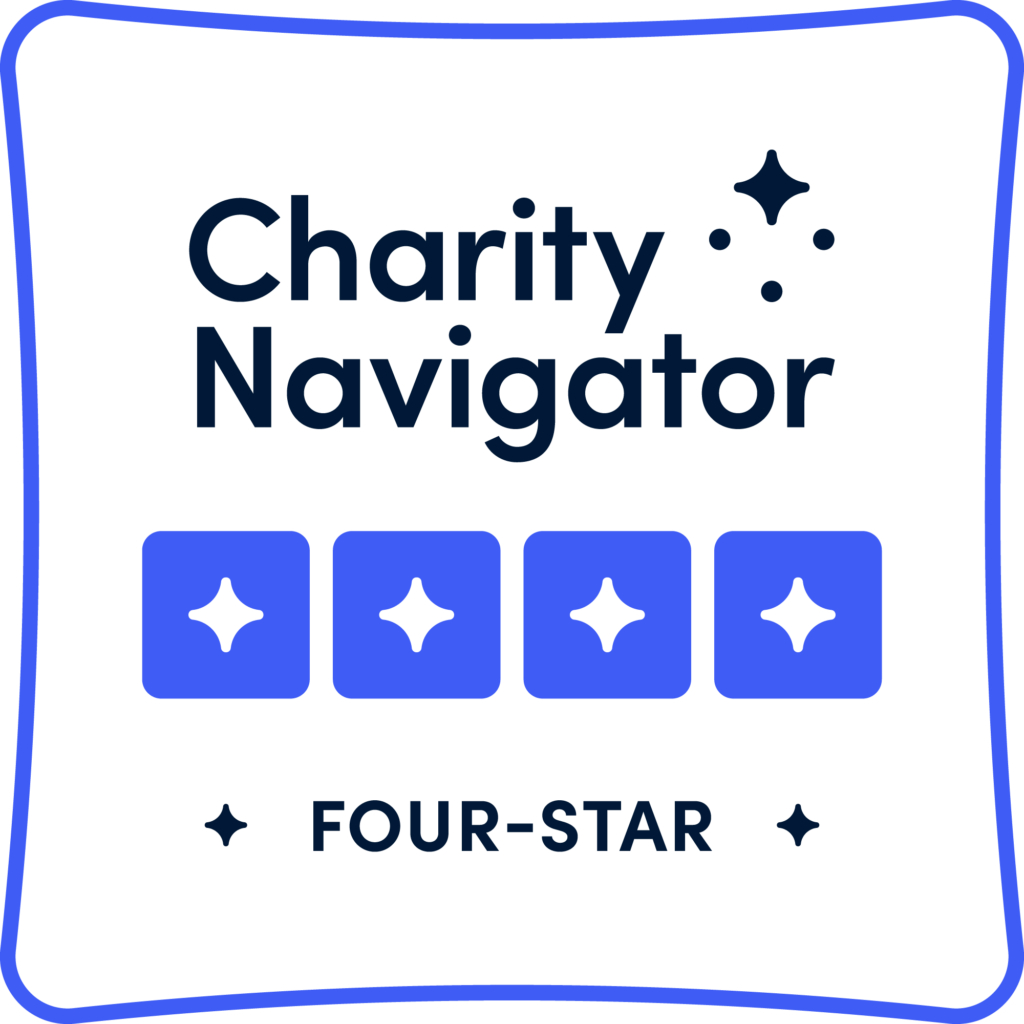Legacy Letters
The most important legacy we can leave our children
is not money or possessions, but spiritual ideals.
– Rabbi Jonathan Sacks, Letters to the Next Generation
The importance of passing our values from generation to generation has always been central to Judaism. It is a tradition that began over 3500 years ago with Yaakov’s blessings to his children and grandchildren on his deathbed, blessings that are considered the first ethical will, the earliest kind of legacy letter. In fact, according to the Midrash, Jacob specifically requested from God that he not die suddenly but rather be granted a few days of illness so that he can part from his family with some final words. Moshe blesses the 12 tribes at the end of the Torah. In Talmudic times, students visited sages on their deathbeds to ask for words of wisdom. Great rabbis wrote legacy letters to spiritually guide their many followers after they were gone.
You don’t need to be a sage to write a legacy letter. Jews of all backgrounds have continued the tradition of writing them until this very day.
Legacy letters are a powerful way to fortify the spiritual ideals that we teach our children and grandchildren. They are personal written documents or recordings that are intended to be given to family, friends, or community while you are still alive or after your death. Legacy letters are a gift of your values, knowledge, experiences, stories, life lessons, traditions, blessings, hopes and dreams. They can become cherished words, the most lasting tangible thing that connects you to your loved ones and descendants.
Do you want to help perpetuate this ancient tradition and leave a legacy letter for your loved ones?
Here are some things to consider:
WHO is your intended audience?
WHAT kind of letter do you wish to write?
WHEN do you intend to write and share your letter?
WHERE do you intend to store your letter?
HOW will the letter be written?
WHY are you writing this letter?
Some motivations might include to:
- share what has been most important/meaningful in your life
- give your descendants a sense of their identity and purpose in life
- explain the meaning behind some of the financial arrangements in your will
- share stories, life lessons and advice
- state memorial requests
- say goodbye
- express gratitude
- ask or offer forgiveness
- give the recipient permission to go on living
- confront your mortality
You can see the attached PDF for a series of prompts that you might write or speak about.
The process of creating an ethical will or legacy letter (whether written, audio, or visual) can be challenging but extremely rewarding. It provides an incredible opportunity to leave a powerful, lasting, and comforting gift for one’s family.
Ematai is pleased to partner with Dr. Daphna Raskas to provide information about legacy letter writing on our website and to offer legacy letter writing workshops as part of our series on end-of-life planning. Information about the next workshop will be posted here. You can find the recording of the last workshop, here.

